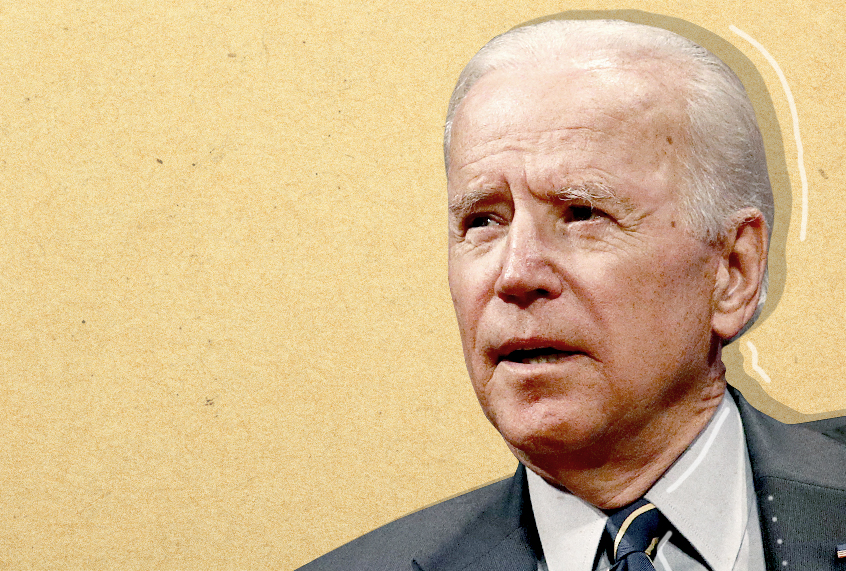My doorbell rang in the middle of the afternoon. Thinking it was a religious solicitor or distant relative, I planned to ignore the summons. Then, I remembered that I was expecting a delivery and opened the door.
It was Pam Eanes, a candidate for the Indiana state Senate. Eanes is challenging an incumbent Democrat, Mara Candelaria Reardon, from the left, and boasts an astounding résumé. She was the first woman firefighter in her department, and helped establish one of the nation’s earliest organizations of women firefighters. When gay marriage was still a state issue, Eanes and her now-wife filed a landmark case against Indiana, helping to secure marriage equality in an infamously conservative culture. As an advocate for public education, she also served on a local school board.
One of the most reliable indicators of national success for a political party is the energy of on-the-ground mobilization and dedication. The “enthusiasm gap” cost John Kerry the presidency in 2004, contributed to Barack Obama’s easy victories in 2008 and 2012 and, most catastrophically, enabled Donald Trump to desecrate the White House in 2016. Because it is a challenge to measure an unquantifiable emotion, pundits and pollsters devote little time and analysis to the sustainable resource of enthusiasm.
If Democrats aspire to not only presidential success in 2020, but also to transforming American politics with the virtues of communal solidarity, public trust and sanity, they will need smart and courageous people like Pam Eanes in local office — and walking door-to-door, as she did on the day I was fortunate enough to meet her.
Millions of progressive voters, rightly or wrongly, perceived the Democrats’ nomination of Hillary Clinton, and her selection of Sen. Tim Kaine of Virginia, a moderate, as negligence toward their ideas and priorities.
The most destructive enthusiasm gap in 2016 was not between Clinton and the rabid audiences cheering for Ayatollah Trump, but that which alienated local activists for progressive causes around the country from the national ticket of the Democratic Party.
Fears are already metastasizing throughout the Democratic body politic that the party is preparing to repeat its fatal error. Congressional leaders Chuck Schumer and Nancy Pelosi have demonstrated a maddening tendency toward bashful moderation in their interchanges with President Trump, while many Democratic centrists struggle to articulate any persuasive agenda beyond ridicule of Trump’s perpetual imbecility and bigotry.
Predictions that former Vice President Joe Biden will emerge as the party front-runner only enhance the frustrations of many Democratic activists. Despite admiration for Biden’s bona fides and appreciation of his charisma, they object to his political record of support for the now-notorious crime bill passed in 1994 under Bill Clinton, along with his consistently soft approach to issues of economic justice.
The ease and clarity with which Pam Eanes explained the progressive platform should shame any self-proclaimed Democrat who stumbles and sputters when facing policy questions.
“I would like to see the Democratic Party turn their focus back to representing the people,” she said when I asked her about her hope for the future of the party. “Create fair labor laws that pay a living wage. Charge a tax on artificial intelligence and robots. Have big business pay their fair share of taxes. Allow free health care for all. Pay more for education, tech schools and college. Help people pay off college debt. Support the Dreamers, give them a path to citizenship. Raise Social Security pay so seniors can enjoy retirement. Pass laws that protect the environment.”
In just a few sentences, Eanes managed to advance a stronger and more accessible pitch for the Democratic Party than many of its national leaders and consultants can muster after months of campaign strategy meetings.
She is aware of the separation – clarity and conviction on the street versus banality and equivocation in the planning committee – and believes it presents an unavoidable confrontation over the party’s future: The Democratic National Committee “protects incumbent Democrats both nationally and on state ballots,” Eanes said. “Progressives are about protecting the environment and putting people over profit. Old-school Democrats are about holding onto their power, which is financially lucrative for them. People are rising up. They want their voices heard and their elected officials representing them. Either Democrats will start passing laws protecting people and the environment or people will leave the party.”
Eanes was inspired to greater involvement in local politics after returning home from the Women’s March in Washington. Since the election of Trump, I have seen several burgeoning but committed activist organizations emerge out of the small towns of Indiana.
National headlines demonstrate that it was disabled citizens and their families who prevented the passage of the Republican Party’s cruel health care reform. The Democratic Socialists of America have tripled their membership since 2016, women across the country are entering politics for the first time and due to auspicious increases in voter participation, Democrats have won underdog races in Alabama, Virginia and Wisconsin. The most crucial task for the party is to determine what national figure is best able to channel local energy into national movement.
Eanes’ candidacy is emblematic of an explosion of activism and political interest around the country, even in the unlikeliest of regions. Democratic leadership has a standing army equipped for political battle. Now the DNC must decide if it will issue a call to arms or an order to stand down.

